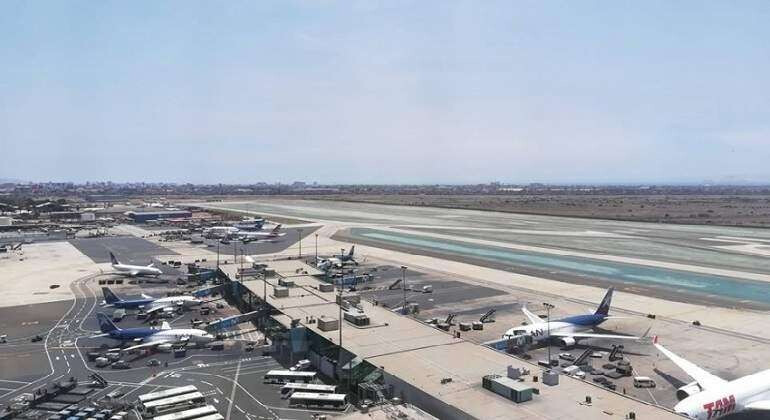
LIMA, PERU – A coalition of Peru's leading aviation and tourism associations, including the International Air Transport Association (IATA), the Association of International Air Transport Companies in Peru (AETAI), the Peruvian Association of Airline Companies (APEA), the Latin American and Caribbean Air Transport Association (ALTA), the National Chamber of Tourism of Peru (CANATUR), and the Peruvian Foreign Trade Society (COMEX), has issued a strong rebuke against a proposed bill in the Peruvian Congress that would grant the state authority to intervene in airfare pricing.
The associations argue that such a measure would severely disrupt the current market-driven pricing models that have benefited consumers and the industry alike. They emphasize that the global aviation sector has successfully adopted flexible and personalized fare structures, enabling passengers to choose from a variety of affordable ticket options. This approach has democratized air travel, leading to increased passenger numbers, a greater diversity of airlines, and a significant boost to tourism, trade, and the entire value chain associated with the sector.
"The proposed legislation is a step backward," stated a joint press release from the associations. "It seeks to dismantle the current tariff system, forcing airlines to bundle basic fares with additional services such as seat selection and baggage allowance. This would inevitably lead to higher costs for the most economical tickets, effectively eliminating the budget-friendly options that many Peruvians rely on."
The associations further contend that the bill infringes upon consumers' freedom of choice, as it would eliminate the option to purchase a basic fare and pay only for the services they require. They argue that this would disproportionately affect low-income travelers and hinder the growth of domestic tourism.
In a public letter addressed to the members of Congress, their respective parliamentary groups, and the executive branch, the associations have called for the proposed bill to be rejected. They urge lawmakers to act responsibly and consider the detrimental impact this legislation would have on travelers and the broader Peruvian economy.
Concerns Over Potential Economic Impact
Industry experts warn that the proposed regulations could have far-reaching consequences, including:
Reduced Competitiveness: Artificially inflated airfares could make Peru a less attractive destination for tourists, impacting the country's tourism sector, a significant contributor to the national economy.
Decreased Investment: Increased state intervention in the aviation sector could deter foreign investment in Peruvian airlines and related infrastructure.
Limited Consumer Choice: By eliminating budget-friendly options, the proposed regulations would restrict consumer choice and make air travel less accessible to a large segment of the population.
Unintended price increase: By forcing airlines to include services in basic fares, the price of the basic fare will increase.
The aviation and tourism associations remain committed to working with the Peruvian government to find solutions that promote a healthy and competitive aviation sector while ensuring affordable and accessible air travel for all Peruvians.
[Copyright (c) Global Economic Times. All Rights Reserved.]






























